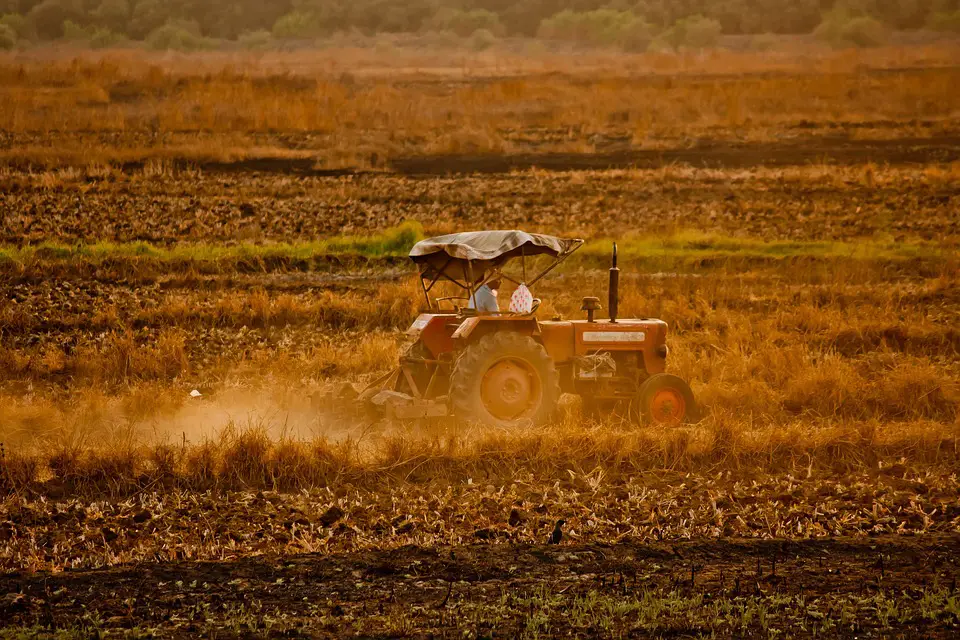Introduction
The health of our planet is intricately linked to the health of our soil. Soil, a valuable natural resource, plays a crucial role in sustaining life on Earth. It not only serves as a foundation for agriculture but also contributes to various ecosystems and provides essential ecosystem services. However, with increasing population, urbanization, and unsustainable farming practices, the quality of our soil is deteriorating at an alarming rate. This article explores the importance of healthy soil for sustainability and highlights the significance of soil care in preserving our planet for future generations.
The Importance of Healthy Soil
1. Nutrient Cycling: Healthy soil acts as a natural nutrient repository and cycling system. It stores, releases, and transforms essential nutrients, ensuring their availability to plants and other organisms. This cycle sustains the productivity of agricultural lands and helps maintain healthy ecosystems.
2. Water Filtration: Soil plays a crucial role in purifying and filtering water. It acts as a natural sponge, absorbing rainwater and allowing it to infiltrate the underlying aquifers. Healthy soil retains moisture, reduces runoff, and prevents soil erosion, thus protecting our water bodies from contamination and maintaining water availability.
3. Carbon Sequestration: Healthy soil is a significant carbon sink. It stores large amounts of carbon dioxide from the atmosphere, mitigating climate change. Soil is estimated to store three times more carbon than the Earth’s vegetation, making it a crucial player in climate regulation.
The Threats to Soil Health
1. Soil Erosion: Unsustainable agricultural practices such as excessive tilling, monocropping, and deforestation contribute to soil erosion. Erosion leads to the loss of fertile topsoil, reducing agricultural productivity, and increasing the risk of landslides and flooding.
2. Chemical Pollution: The excessive use of synthetic fertilizers, pesticides, and herbicides degrades soil health. These chemicals can accumulate in the soil, seep into groundwater, and harm beneficial soil microorganisms, disrupting the natural balance necessary for soil fertility.
3. Soil Compaction: Improper land management practices, heavy machinery, and urban development lead to soil compaction. Compaction reduces soil porosity and limits water infiltration, air exchange, and root penetration. This hampers plant growth and reduces overall soil health.
The Role of Soil Care in Sustainability
1. Organic Farming: Transitioning to organic farming practices can significantly improve soil health. Avoiding synthetic chemicals, promoting crop rotation, and employing organic matter amendments can enhance soil fertility, reduce erosion, and improve the nutritional quality of food.
2. Conservation Techniques: Implementing conservation techniques such as contour plowing, terracing, and cover cropping can minimize soil erosion, improve water infiltration, and preserve topsoil. These practices also help increase soil organic matter content and enhance nutrient cycling.
3. Soil Testing and Amendments: Regular soil testing helps identify nutrient imbalances and deficiencies. Based on the results, farmers can apply appropriate amendments such as compost, manure, or mineral fertilizers to replenish the necessary nutrients and improve soil structure.
FAQs
Q1. How does soil degradation affect food production?
Soil degradation significantly impacts food production. Loss of fertile topsoil, reduced water infiltration, and nutrient imbalances can lead to decreased agricultural yields and lower nutritional quality of crops.
Q2. Can soil degradation contribute to climate change?
Absolutely. Soil degradation can contribute to climate change in multiple ways. Erosion releases stored carbon into the atmosphere, deforestation reduces carbon sequestration, and degraded soils emit greenhouse gases. Restoring soil health is crucial for mitigating climate change.
Q3. How can individuals contribute to soil care?
Individuals can contribute to soil care by practicing responsible gardening by avoiding chemical pesticides, composting kitchen waste, and implementing water conservation techniques. Supporting organic and regenerative farming practices also helps promote healthy soils.




